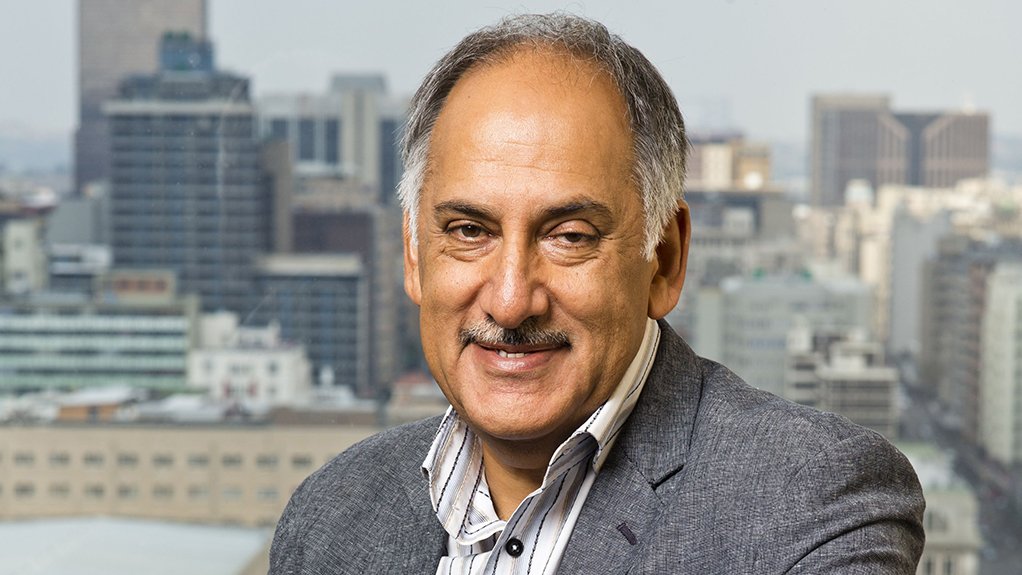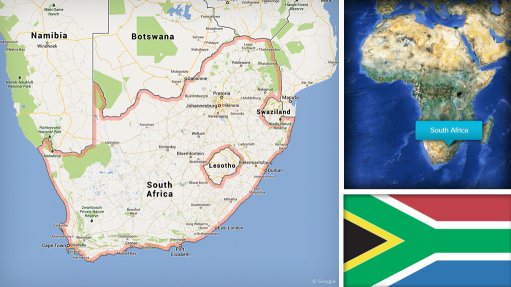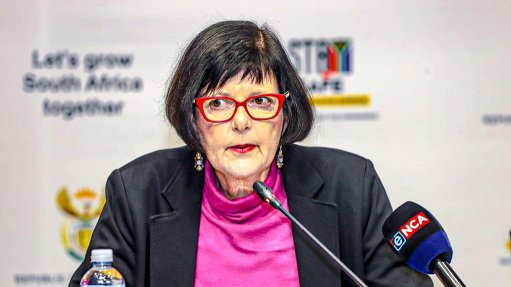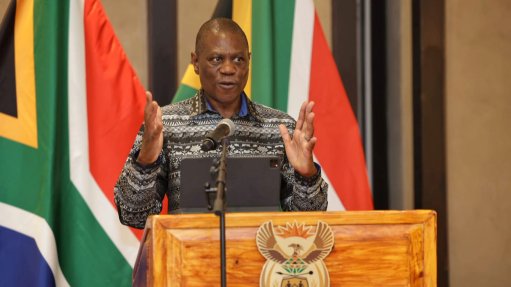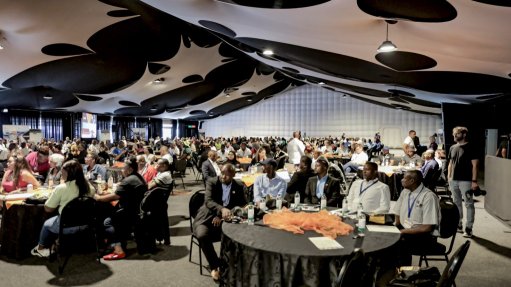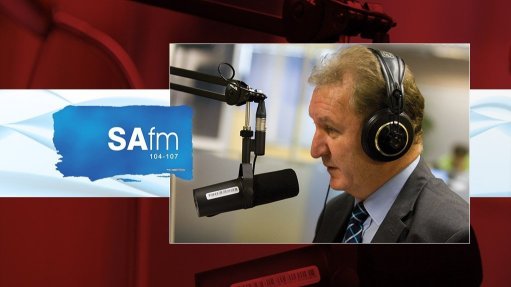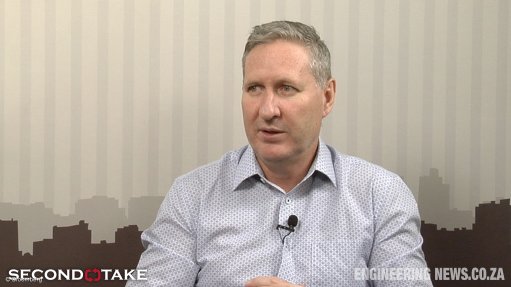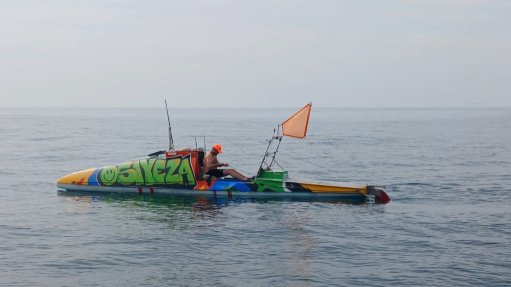Business calls for soul searching on Nedlac’s future amid big socio-economic shifts
While reaffirming its commitment to the National Economic Development and Labour Council (Nedlac), organised business has again questioned whether the structure’s current composition and functioning are “fit for purpose”.
Delivering the business constituency’s report at this year’s summit, which also marked Nedlac’s thirtieth anniversary, outgoing Business Unity South Africa CEO Cas Coovadia highlighted key areas of priority for business, including rethinking the economic growth strategy, accelerating infrastructure development and reconfiguring government to enhance delivery.
Business also wanted the social partners to acknowledge crises and act immediately, and expressed frustration that problems at the Unemployment Insurance Fund and Compensation Fund had been allowed to fester.
“We, with social partners, have consistently raised concerns about the chaotic situation with the Unemployment Insurance Fund, including poor administration, weak governance and corruption.
“This falls squarely with the Department of Employment and Labour, and we expect substantive progress towards resolving this,” he said.
However, Coovadia also posed five questions that business felt should be answered for Nedlac’s future relevance to be ensured, including:
- How Nedlac’s fit-for-purpose role should be crystallised in the evolving socioeconomic environment;
- Whether Nedlac was most effective when it sought to reach consensus on policy details, or rather when bringing social partners closer together on broad strategy and direction;
- Whether different options for social compacts should be encouraged, including bilateral, multilateral and issue-based compacts, while highlighting the success of the collaboration under way between government and business on electricity, freight logistics and crime as opposed to the prolonged and unsuccessful effort to agree on a “broad national social compact”;
- Whether Nedlac should be an implementing body, or whether it should enable implementation of broad agreements through government and bilateral processes; and
- whether Nedlac was representative enough.
He highlighted that the economic environment and the world of work had changed significantly since the formation of Nedlac as the official platform where labour, government, community and business met to consider labour-market and socio-economic policy and legislation and that it, thus, needed to adapt to remain “relevant and respected”.
Congress of South African Trade Unions general-secretary Solly Phetoe, by contrast, highlighted the role that Nedlac had played in recent years in facilitating consensus on how to tackle serious problems such as loadshedding.
“Many critics have questioned the relevance of Nedlac, yet it is here that the Eskom social compact was finalised, giving momentum to the debt-relief package that today is helping Eskom to shift its focus to maintenance and ending loadshedding,” Phetoe said.
Nedlac executive director Lisa Seftel, meanwhile, urged both “continuity and change”, arguing that Nedlac should continue to provide an inclusive platform for dialogue on socio-economic policies and Bills and labour-market reform.
It also needed, however, to find a way for proactive collaboration on priority areas, as well as areas of threat, such as climate change.
“The Government of National Unity provides for a narrow path of change, balancing reform for inclusive growth with cushioning workers, businesses and communities.
“Lessons from 30 years of democracy show us that where social partners share similar concerns on critical areas, there is a solid basis for partnerships,” Seftel said.
Comments
Press Office
Announcements
What's On
Subscribe to improve your user experience...
Option 1 (equivalent of R125 a month):
Receive a weekly copy of Creamer Media's Engineering News & Mining Weekly magazine
(print copy for those in South Africa and e-magazine for those outside of South Africa)
Receive daily email newsletters
Access to full search results
Access archive of magazine back copies
Access to Projects in Progress
Access to ONE Research Report of your choice in PDF format
Option 2 (equivalent of R375 a month):
All benefits from Option 1
PLUS
Access to Creamer Media's Research Channel Africa for ALL Research Reports, in PDF format, on various industrial and mining sectors
including Electricity; Water; Energy Transition; Hydrogen; Roads, Rail and Ports; Coal; Gold; Platinum; Battery Metals; etc.
Already a subscriber?
Forgotten your password?
Receive weekly copy of Creamer Media's Engineering News & Mining Weekly magazine (print copy for those in South Africa and e-magazine for those outside of South Africa)
➕
Recieve daily email newsletters
➕
Access to full search results
➕
Access archive of magazine back copies
➕
Access to Projects in Progress
➕
Access to ONE Research Report of your choice in PDF format
RESEARCH CHANNEL AFRICA
R4500 (equivalent of R375 a month)
SUBSCRIBEAll benefits from Option 1
➕
Access to Creamer Media's Research Channel Africa for ALL Research Reports on various industrial and mining sectors, in PDF format, including on:
Electricity
➕
Water
➕
Energy Transition
➕
Hydrogen
➕
Roads, Rail and Ports
➕
Coal
➕
Gold
➕
Platinum
➕
Battery Metals
➕
etc.
Receive all benefits from Option 1 or Option 2 delivered to numerous people at your company
➕
Multiple User names and Passwords for simultaneous log-ins
➕
Intranet integration access to all in your organisation



